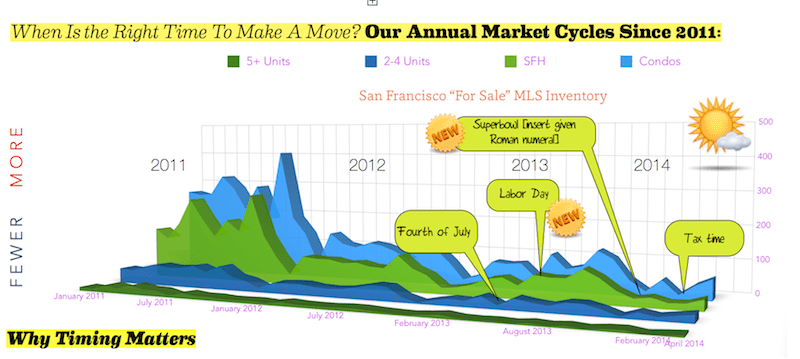Hows does the mortgage interest deduction work?
One of the touted benefits of owning a home is, in fact, certain tax benefits you may get by virtue of home ownership. The benefits come in the form of allowed deductions. Yes, it will require you to itemize your tax return, but too many people (4 million+ by some estimates fail to take advantage of deductions they are otherwise entitled to take on their main and, yes, second home, which can cost them thousands of dollars needlessly.
While the main deduction you'll hear most about is the mortgage interest deduction, there are others too.
What and How:
If you paid $600 or more of mortgage interest (including certain points and mortgage insurance premiums) during the year on a mortgage, you will receive IRS Form 1098 or a similar statement.
The deduction isn’t dollar for dollar — how much you can deduct depends such factors on when a home-based loan was issued, the borrowed amount, your tax bracket and how you use the monies if it’s not just to purchase your house.
And home mortgage interest is any interest you pay on a loan whereby the house itself serves as secured collateral to protect the interests of the lender. The loan itself may be a mortgage to buy your home, a second mortgage, a line of credit, or a home equity loan only if your mortgage is a secured debt.
Let’s assume you earn $300,000 and paid $10K in mortgage interest. Assume you’re in the 36% tax bracket, then you would get to deduct $3600. You may have to pay the alternative minimum tax too, in which case your deduction goes down to $2800.
Mortgage insurance premiums paid in connection with your qualified home after 2006 may be treated as deductible mortgage interest.
Your home mortgage interest deduction is limited to the interest on the part of your home mortgage debt that is not more than your qualified loan limit, which is generally under $1M for joint filers.
This deduction also works for:
Property taxes are generally deductible. In certain cases and to varying degrees, home improvements may be deductible for personal residences and for most investment properties. HOA dues are recurring expenses for investment properties as is depreciation. For example, you can treat a home under construction as a qualified home for a period of up to 24 months, but only if it becomes your qualified home at the time it is ready for occupancy. The 24-month period can start any time on or after the day construction begins.
Prepaid interest and ‘points’ (also called loan origination fees, maximum loan charges, loan discount, or discount points) if paid in advance may be eligible deduction but you may be required to spread prepaid interest over the tax years to which it would have been otherwise paid.
Late payment charge on mortgage payment may be an eligible deduction as would any early mortgage prepayment penalty. If you pay off your home mortgage early, you may have to pay a penalty. You may able to deduct that penalty as home mortgage interest.
Depending on your adjusted gross income listed on Form 1040, line 38, the amount of your mortgage insurance premiums that are otherwise deductible is reduced and may be eliminated. Interest on amounts over the home equity debt limit generally is generally treated as personal interest and is not deductible, but if the proceeds of the loan were used for investment, business, or other deductible purposes, the interest may also be deductible.
The date you take out your mortgage is the day the loan proceeds are disbursed. This is generally the closing date. Ordinarily you cannot deduct home improvements to your own home like you could with investment properties.
But if you use a mortgage as as line of credit to buy, build, or improve your home — so long as the loan is secured by the qualified home, these costs may be treated as home acquisition debt, even if you do not actually use the proceeds to buy, build, or substantially improve the home. The cost of building or substantially improving a qualified home includes the costs to acquire real property and building materials, fees for architects and design plans, and required building permits may be dedcutible. These costs fall under the definition of a Home Acquisition Debt.
Loans secured by your home but taken out for other reasons is home equity debt, but the deductible maximum for these types of non home-related loans is $100,000 for joint filers ($50,000 for single filers).
Adapted from IRS Publication 936, 2011. Consult your tax professional as the above cannot be relied upon as tax advice; rather, it is merely illustrative.


